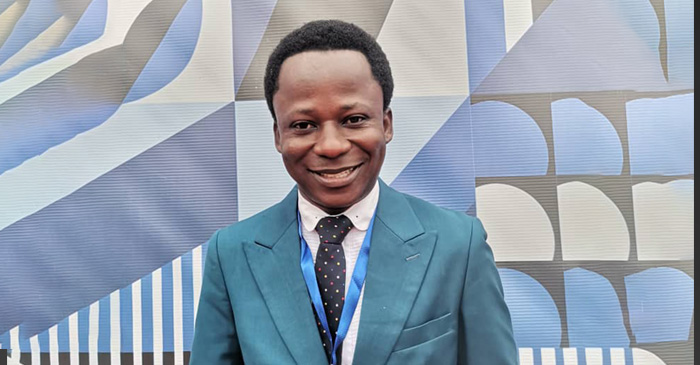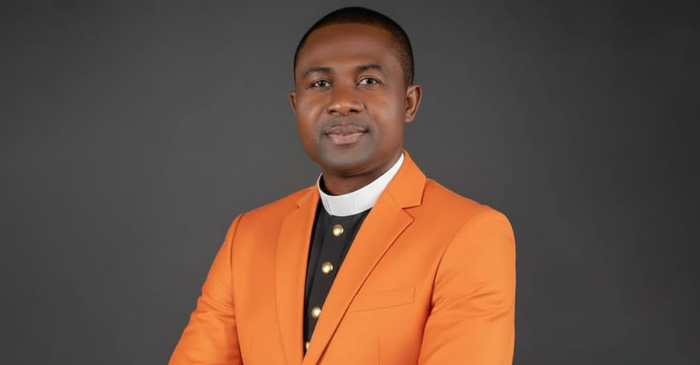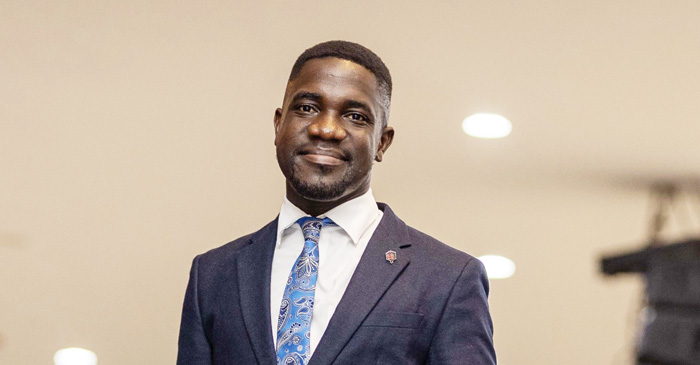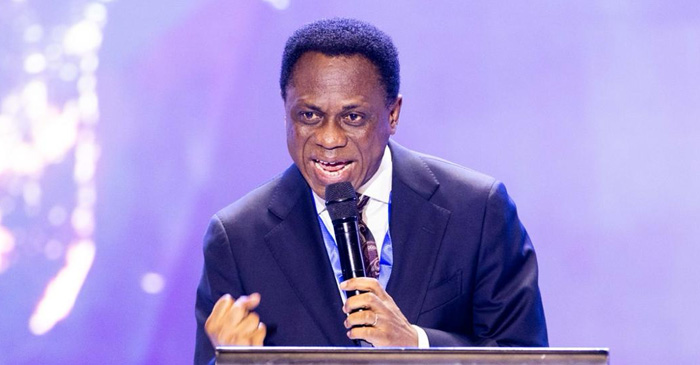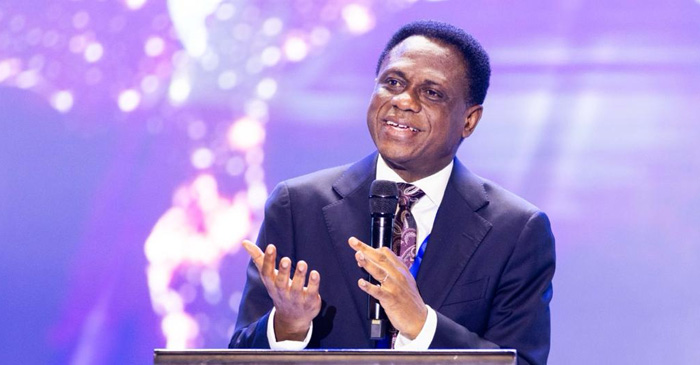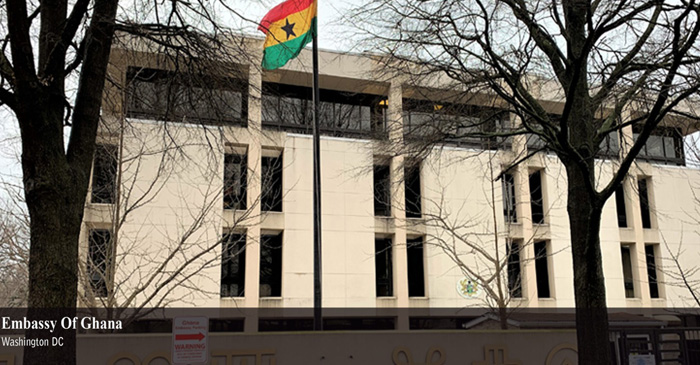
On May 26, 2025, Ghanaians woke up to the shocking revelation of a long-running scandal at the Ghanaian Embassy in Washington, D.C. The news, delivered directly by Ghana’s Foreign Minister, Hon. Samuel Okudzeto Ablakwa, detailed a calculated, multi-year fraud operation that involved the diversion of funds meant for visa and passport processing into private accounts. While the government’s swift and bold response has been largely commended, the situation underscores a deeper national concern — a crisis of values that no longer affects only local governance, but our global reputation as well.
The findings came from a special audit team commissioned by Hon. Ablakwa months earlier to investigate allegations of corruption at the embassy. The audit revealed that Mr. Fred Kwarteng, a locally recruited staff member employed in the embassy’s IT department since August 2017, had created an unauthorised link on the embassy’s official website. This link diverted unsuspecting visa and passport applicants to his private business, Ghana Travel Consultants (GTC), where he charged illegal fees ranging from US$29.75 to US$60 per applicant. These charges were not sanctioned by the Ministry of Foreign Affairs or Parliament, in violation of Ghana’s Fees and Charges Act, 2009 (Act 793). Disturbingly, this scheme had gone undetected for at least five years, with all proceeds funneled into private accounts without any oversight or remittance to the state.
In a detailed public statement, the Minister outlined an array of emergency measures: Mr. Kwarteng was summarily dismissed; all locally recruited staff at the embassy were suspended; all Foreign Affairs Ministry staff stationed at the mission were recalled; the embassy’s IT department was dissolved; and the mission itself was temporarily shut down to facilitate a full systems overhaul. Moreover, the Auditor-General was invited to conduct a forensic examination of all embassy transactions, and the matter has been referred to the Attorney-General for prosecution and possible recovery of stolen funds. These are not small steps — they are the kind of decisive actions many Ghanaians have long demanded in the face of mounting corruption cases.
But this scandal is about more than a dishonest employee or a failed oversight mechanism. It is, at its core, a symptom of a national moral deficit — a troubling reality in which technical skills and academic accomplishments are prioritised over character, integrity, and civic responsibility. In contemporary Ghanaian society, many families invest heavily in the academic success of their children, enrolling them in the best local and international institutions. Yet, in many cases, little attention is paid to shaping the moral fiber of these future leaders. We risk producing highly educated individuals who are also highly capable of complex fraud, skilled not in building society, but in bypassing its safeguards for personal gain.
As renowned investor Warren Buffett once advised, “Look for three things in a person: intelligence, energy, and integrity. If they don’t have the last one, don’t even bother.” Integrity is not merely a virtue — it is a foundation. Without it, intelligence and energy become tools of exploitation rather than service.
The problem is not limited to the educational system. As a nation, we have increasingly become fascinated with wealth and status, often turning a blind eye to the ethical questions surrounding how such wealth is acquired. In Ghana today, success is measured more by appearance than by principle. Public figures are celebrated not for their service or values, but for their possessions. According to the Ghana Integrity Initiative, Ghana loses about 2% of its GDP annually to corruption — a figure that could transform public infrastructure and basic services if redirected into the national purse (GII, 2023).
To his credit, President John Mahama recently launched the first-ever official Code of Conduct for political appointees, setting clear expectations for ethical behaviour in public office. This initiative has been welcomed as a long-overdue step toward institutional accountability. But as laudable as it is, it remains limited in scope. Corruption, after all, is not confined to political appointees. It is a national issue that permeates every stratum of Ghanaian society — from public service to private business, from the streets to the diplomatic corridors of foreign missions. If Ghana is to effectively combat this endemic problem, then a code of conduct must not only govern those in high office, but be embraced as a national value system by all citizens.
In 2023, The Church of Pentecost hosted a landmark conference on moral vision dubbed the National Development Conference (NADEC) at the Pentecost Convention Centre (PCC), Gomoa Fetteh. The event brought together members of the executive, legislature, judiciary, traditional leaders, and civil society to reflect on the urgent need for ethical reformation in Ghana. It was a moment of national introspection. In an extraordinary move, the Speaker of Parliament adjourned a sitting to allow Members of Parliament to attend. The event was not merely ceremonial. In his address, the Chairman of the Church, Apostle Eric Nyamekye, emphasised that no matter how visionary a leader may be, they will always be thwarted by a morally undisciplined populace. President Mahama, who was also present, pledged to support the initiative. Today, his government’s enforcement of the appointees’ code of conduct stands as a sign of that commitment.
But more must be done. The Moral Vision agenda must be advanced from the level of institutional declarations to national policy. This includes integrating moral and civic education at all levels of the academic curriculum, enforcing civic training for public servants and corporate actors, establishing an independent National Ethics Commission, and funding media campaigns that promote integrity and public accountability. We must build a national consciousness that sees corruption not as cleverness, but as a betrayal of the collective good. Only then can we expect institutions to reflect the values we claim to uphold.
The temporary closure of the Ghanaian Embassy in Washington D.C. may seem like an isolated diplomatic event, but its implications are far-reaching. It reminds us that no institution is safe when citizens lack discipline. It highlights that education, when detached from ethics, only produces more sophisticated wrongdoers. And it warns that without a strong moral compass, even our best systems will fail.
Ghana must seize this moment not just for damage control, but for deep reform. The Washington scandal must spark more than condemnation. It must spark a crusade — one that sees morality not as a private virtue, but as a public necessity. Only then can Ghana truly rise to the greatness it promises.
Written by Prince Kojo Asare (Head of News, Pent Media Centre)



